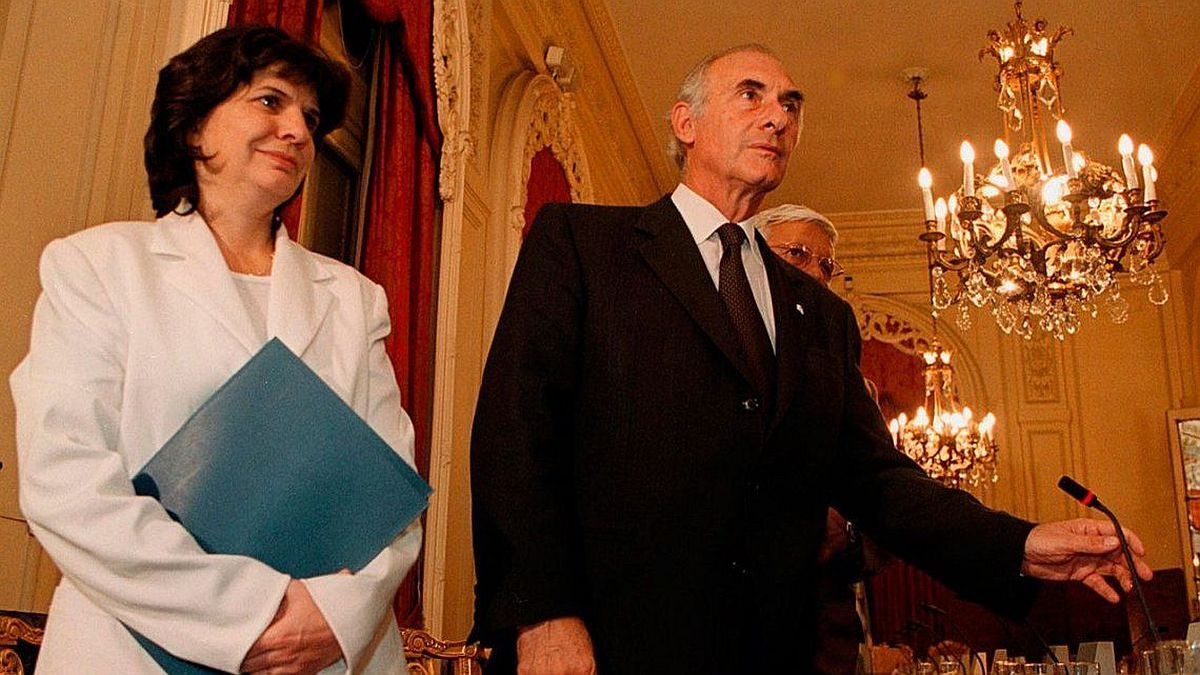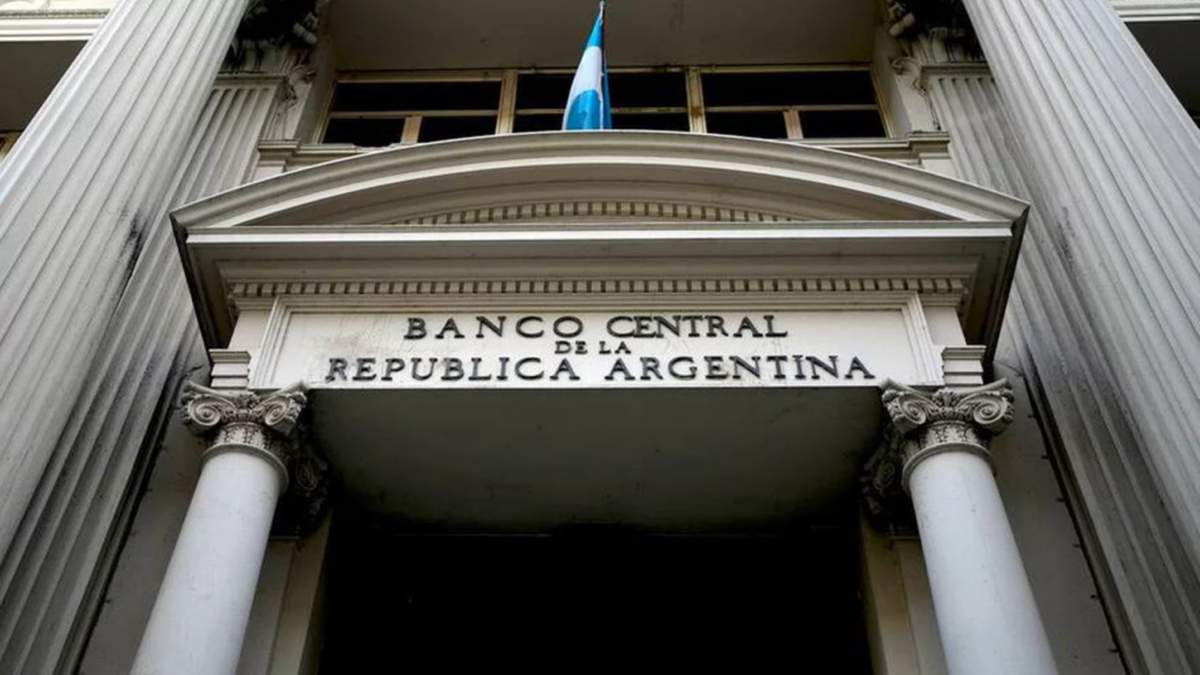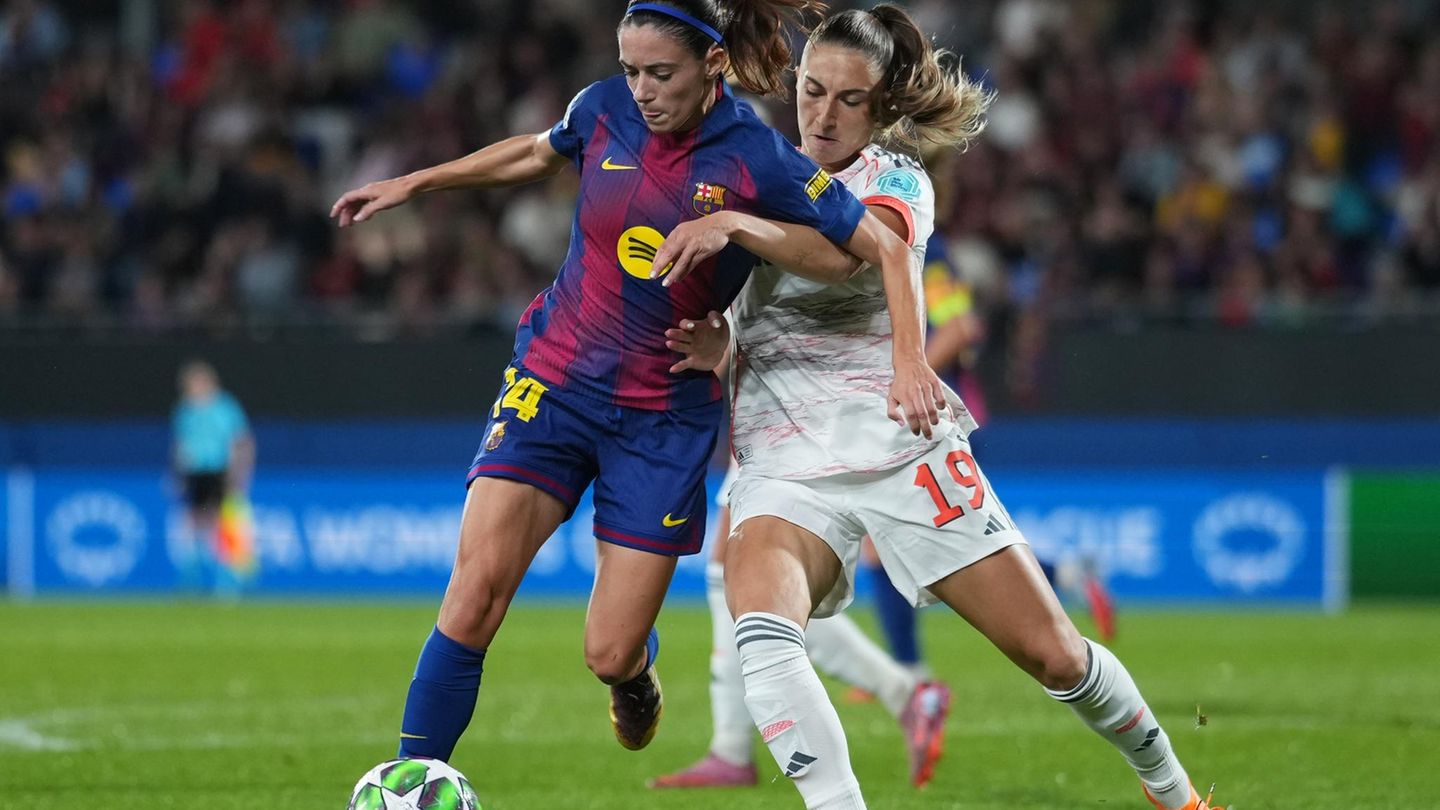Many of the technocrats we identify here are “technocratic politicians” because they have partisan histories or backgrounds, such as the cases of Ricardo López Murphy, Domingo Cavallo or Patricia Bullrich. All of them, at some point, were candidates. However, following Putnam (1977) they will be considered as technocratic politicians, and not as partisan politicians (radicals or frepasistas) since their commitments will be with public policies that are “technically indispensable”, and not with the political representation that emanated from the Alliance. and the parties that made it up.
A notorious fact is that the three “technocratic politicians” founded political parties after their time in office. Cavallo, after his ministry in the government of Carlos Menem, founded the Action for the Republic party in 1996. López Murphy, after his failure as De la Rúa’s Minister of Economy, founded the Recreate for Growth party in 2002, which competed for the first time in the 2003 presidential elections. And Patricia Bullrich, also in 2002, founded the Unión por el party. Todos, who competed in 2003 for the first time (in alliance with Recrear); later it would change its name to Union for Freedom. The three “technocratic politicians” created their parties on the basis of the vindication of their time in office: they were personalist parties in a technocratic sense, based on the “knowledge leadership” of their founders.
The frepasistas were 4: Graciela Fernández Meijide (founder of the Alliance and De la Rúa’s competitor for the presidency), Marcos Makón, Alberto Flamarique and Juan Pablo Cafiero. It was the most uncomfortable and unstable group: at the end of the government, there were none left. Fernández Meijide had started her public life as a human rights activist (mother of a disappeared person), who had started her political career in 1989 in the center-left (Popular Democracy Party, Fredejuso, Frente Grande) and had been a candidate on several occasions. It was not always her turn to win: in addition to losing the presidential internship with De la Rúa, she was defeated by Carlos Ruckauf in the governor’s elections of Buenos Aires in 1999; De la Rúa, upon assuming office, appointed her Minister of Social Development.
Marcos Makón was a specialist in public finance who was under the aegis of Álvarez (he first held the Modernization Secretariat, the only one that depended directly on the Vice-Presidency) and was briefly in the cabinet to replace Fernández Meijide as Minister of Social Development and Environment of the Nation.
Juan Pablo Cafiero, a Peronist family lawyer (son of the famous Antonio) who was in the Frente Grande, had a few months stint, also in Social Development, between March and October 2001, but finally resigned; He already joined when the Frepaso was practically outside the Alliance, with the aim of saving some forms. It was the last attempt by those aligned with Chacho Álvarez to participate in the cabinet, already at the time of the ministerial cavallization. As for Alberto Flamarique, the bordonista from Mendoza who arrived at the Ministry of Labor in Cabinet 1, ended up moving away as a result of the bribery scandal (“Banelco”) in the Senate for the labor reform, a subject to which we will return in the next Article. It will continue tomorrow.
Professor of Postgraduate UBA and Master’s degrees in private universities. Master in International Economic Policy, Doctor in Political Science, author of 6 books. @PabloTigani
Source From: Ambito




